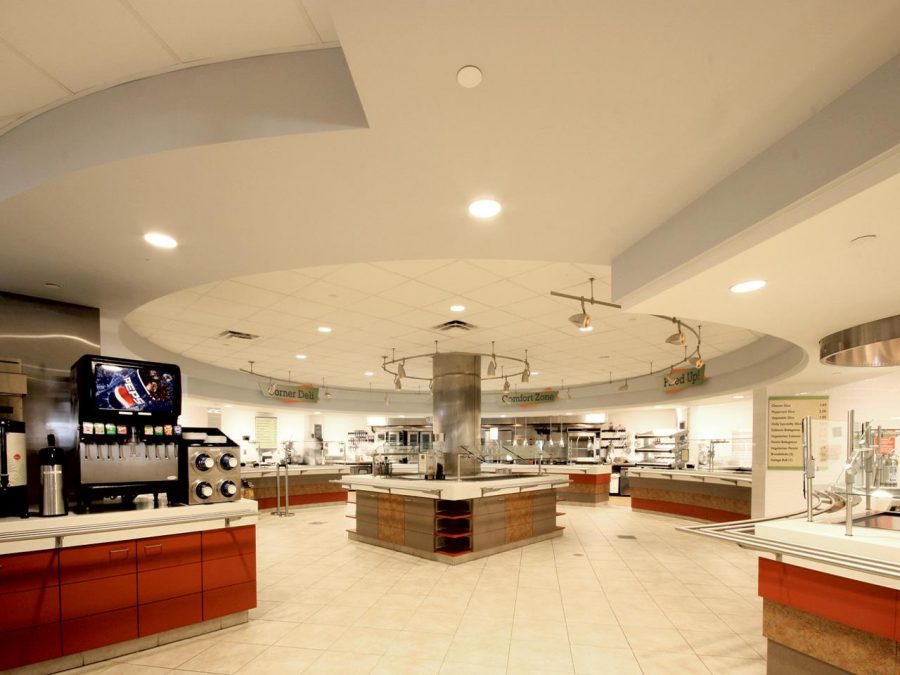By Sofia Bonin
Staff Writer
“Play Me, I’m Yours” is a street piano movement created by Luke Jerram. The program found its start in 2008 in Birmingham, England. The art installation started out modestly with only fifteen pianos scattered across a single city. Since then “Play me, I’m Yours” has grown on a global scale and commissioned over 1,500 street pianos across fifty cities, including Boston in 2013.
The art installation recently returned to Boston on September 23 and will be running until October 10. There are 60 pianos across the city, all decorated by local artists. You can find videos of residents playing these street pianos by going on Instagram and searching #streetpianosboston.
The pianos are put in areas like public parks, train and subway stations, streets, and markets. By placing pianos in areas with high foot traffic, they extend an open invitation for people to play and listen to music. The pianos are also decorated by local artists in order to reflect the culture of the cities they are placed in. The idea behind these street pianos is that music can bring people together and allow them to interact with their cities instead of simply walking through as they do every day.
“Play Me, I’m Yours” is designed to bring people together within their small, invisible communities. Even within bustling cities people go to the same places, stay in the same neighborhoods, and often see the same people on a daily basis without ever interacting. Playing a piano in public commands attention and often—times starts a discussion. This takes every day routines from passive to active.
The art installation was also created in the hopes that it would allow people to create new relationships with one another by connecting through the common interest of music. The art movement has accomplished this as friendships and even marriages have resulted from the street pianos.

Celebrity musicians such as Alicia Keys have commented on the impact “Play Me, I’m Yours” has had on urban communities: “‘Play Me, I’m Yours’ created a beautiful and worthy moment for our city, by bringing the Street Pianos to our cities’ parks and public spaces.”
Jamie Cullum, a jazz-pop singer-songwriter from Paris, has also spoken about the program: “Such a simple concept that brings out the best in people. It reminds us of the strange and beautiful things that can happen in everyday life.”
The Play Me, I’m Yours website says that the street pianos have led to unknown musicians sharing their talents: “The pianos have also enticed many hidden musicians out of the woodwork. It has become apparent that there are thousands of pianists out there who don’t have regular access to a piano.”
The art installation demonstrates the power of music by showing the way someone who has never played piano in front of anyone can feel the need to express themselves on the streets of a bustling city. By placing pianos in public spaces it allows anyone, regardless of class, gender, sexuality, or race, to experience them. Music does not discriminate and is meant to be shared.
While self—expression has largely been taken to the internet, “Play Me, I’m Yours” places value in the way which self—expression that is shared live can lead to connections and inspire others to become creative as well. The program focuses on the connectivity that music provides in order to bridge the gaps and loneliness that living in urban cities can often cause.
To find street pianos near you visit streetpianos.com.












